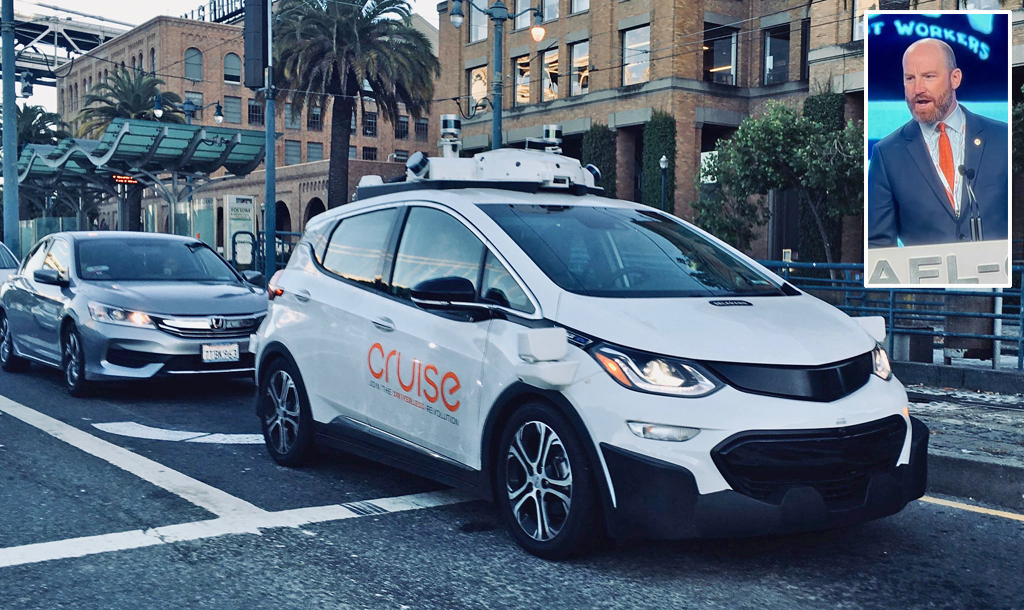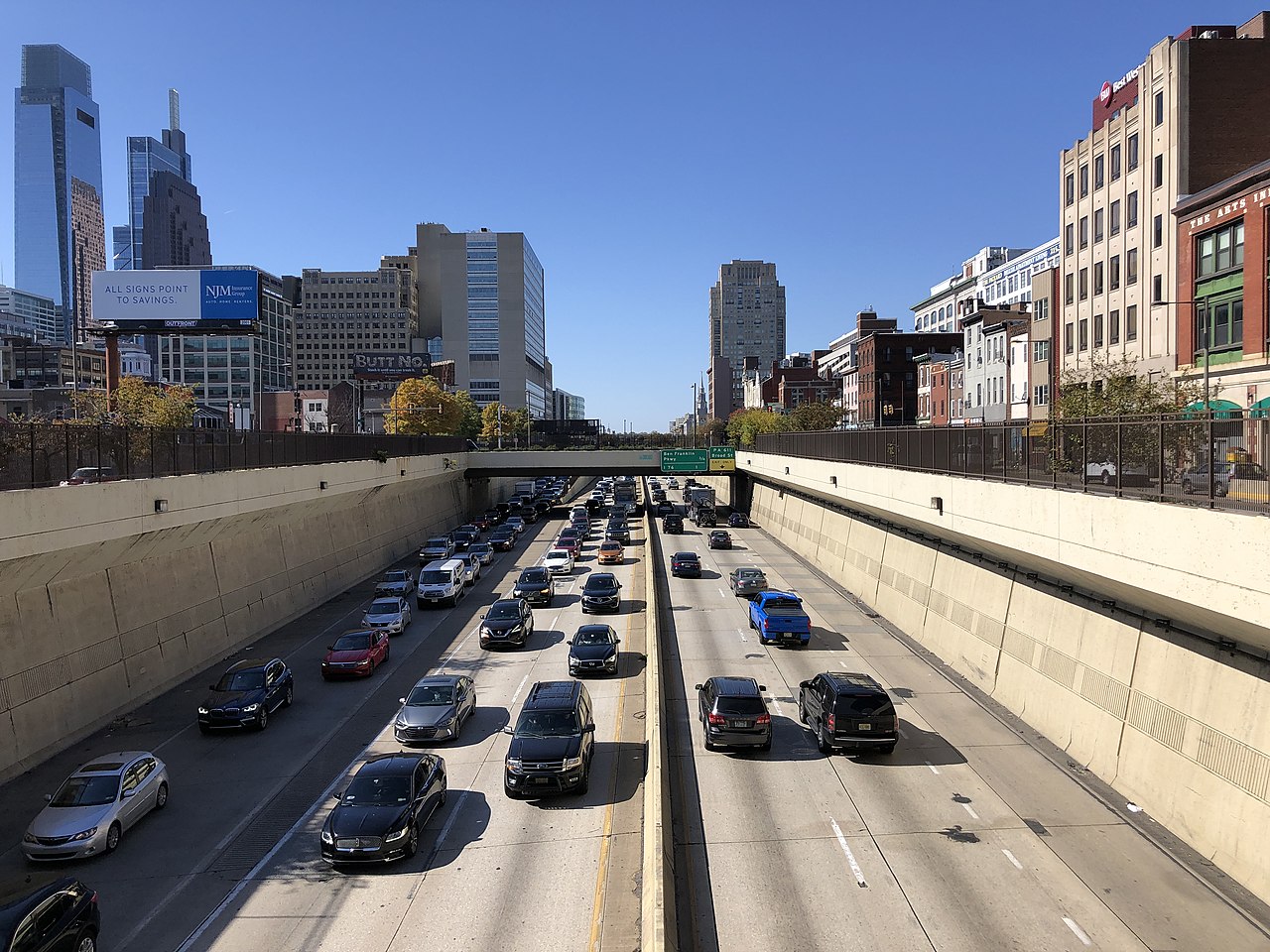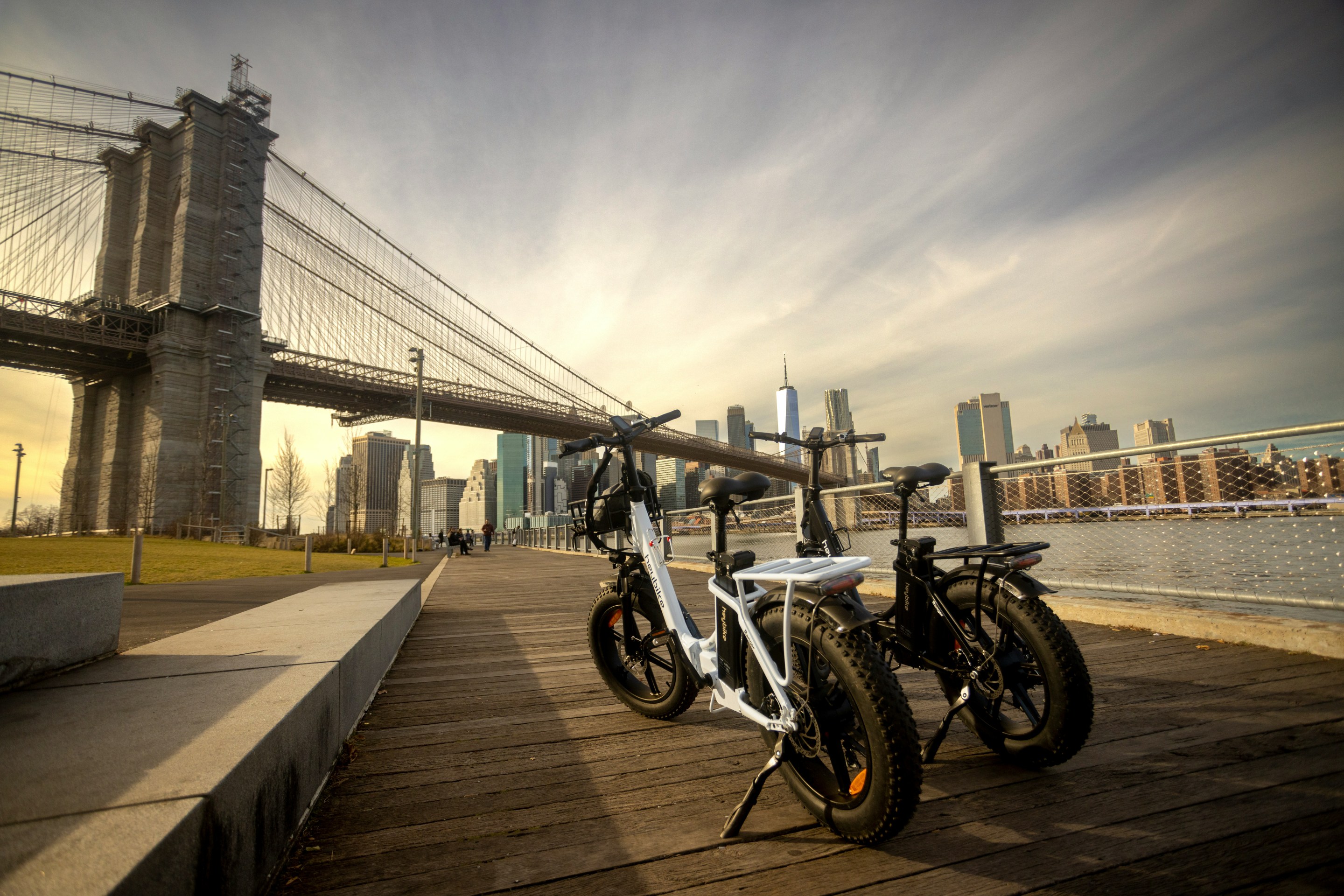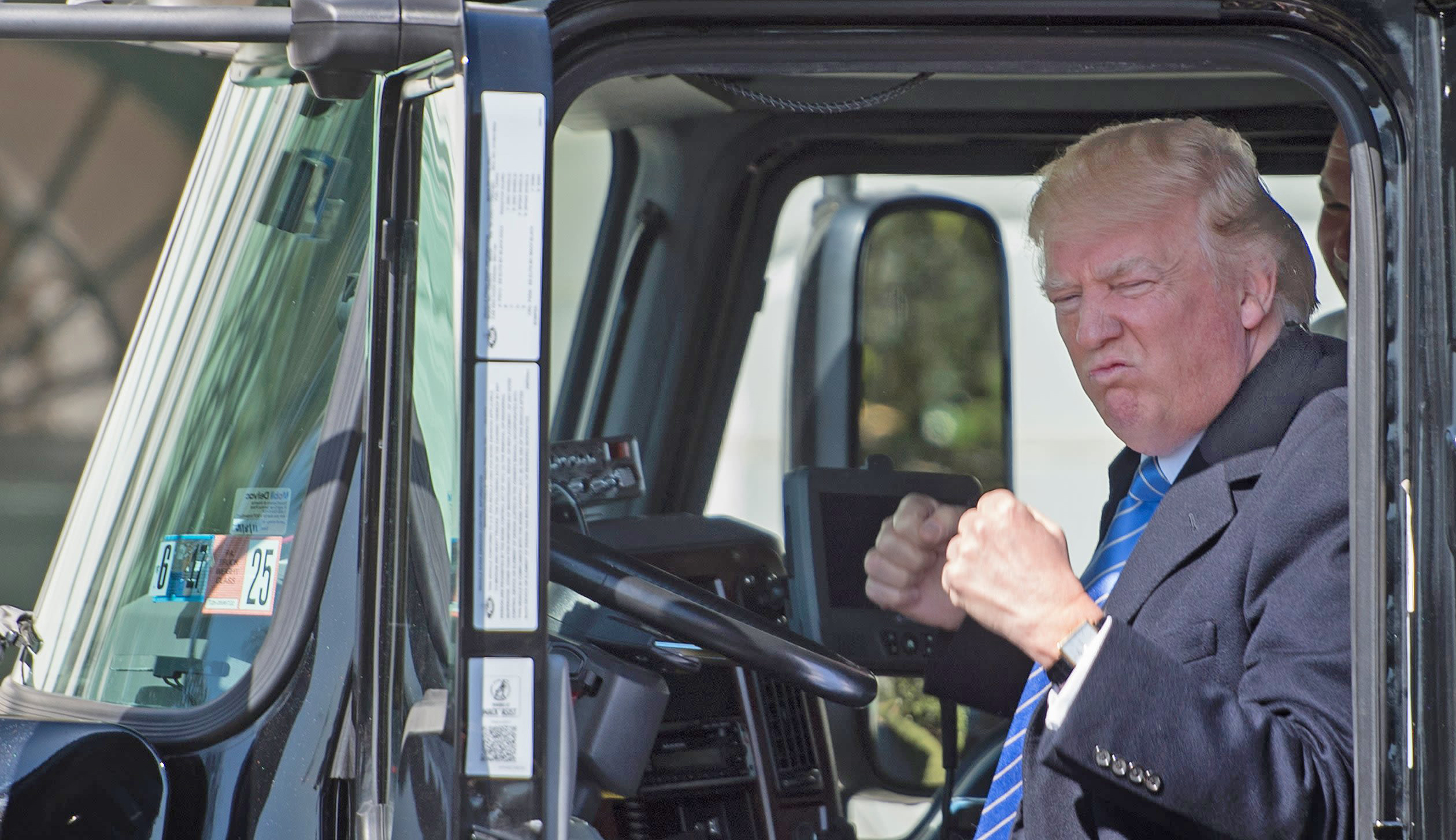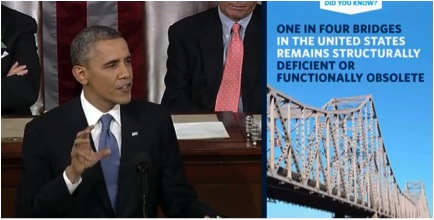
In last night’s State of the Union address, President Obama launched a “Fix-It-First” program to repair aging infrastructure and put people to work.
The president even took an indirect jab at officials who would rather build new than fix existing infrastructure, saying, “I know you want these job-creating projects in your district; I’ve seen all those ribbon-cuttings.”
So, tonight, I propose a “Fix-It-First” program to put people to work as soon as possible on our most urgent repairs, like the nearly 70,000 structurally deficient bridges across the country.
Obama has proposed infrastructure investment many times before, and always with a heavy tilt toward repair and maintenance, but never such an explicit mandate to “fix it first.” By keeping existing transportation infrastructure in good condition, officials can save the public from the expense of unnecessary road expansion projects.
However, he did give a nod to some new infrastructure he’d like to see: notably, high-speed rail.
“Ask any CEO where they’d rather locate and hire," Obama said, "a country with deteriorating roads and bridges or one with high-speed rail and Internet, high-tech schools, self-healing power grids.”
The president also proposed a “Partnership to Rebuild America” to attract private capital for infrastructure investment “to make sure taxpayers don’t shoulder the whole burden.”
In his speech, Obama spent far more time talking about energy and climate change than transportation.
American-produced wind, solar, and natural gas topped his energy platform, but he wasn’t above bragging, “We produce more oil at home than we have in 15 years.” He delighted in the “natural gas boom” and the fact that his administration has been “cutting red tape and speeding up new oil and gas permits.”
He calls it his “all-of-the-above plan.”
He also asked Congress to come up with a “bipartisan, market-based solution to climate change," like the Climate Stewardship Act, a cap-and-trade bill John McCain and Joe Lieberman introduced a decade ago.
Then he hedged against Congress’s ability to break through gridlock – especially on environmental issues. “If Congress won’t act soon to protect future generations, I will,” he said, pledging to take executive actions to reduce pollution, adapt to climate change, and pursue more sustainable sources of energy. He highlighted the urgency:
Now, it’s true that no single event makes a trend. But the fact is, the 12 hottest years on record have all come in the last 15. Heat waves, droughts, wildfires, floods, all are now more frequent and more intense. We can choose to believe that Superstorm Sandy, and the most severe drought in decades, and the worst wildfires some states have ever seen were all just a freak coincidence. Or we can choose to believe in the overwhelming judgment of science and act before it’s too late.
His goal: cutting in half the energy wasted by our homes and businesses over the next 20 years. Not the energy used, just the energy wasted. I’m not sure how he defines and quantifies wasted energy.
Read his entire speech here or watch the enhanced version, with explanatory graphics, here.
